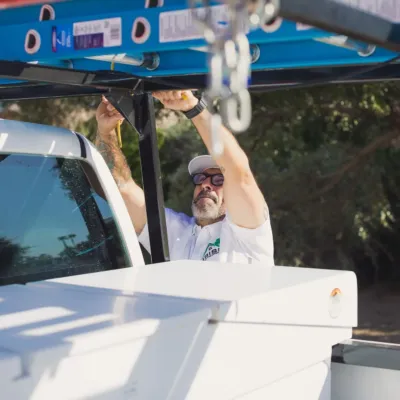
Reasons TPO Roofing is a Popular Choice for Commercial Buildings
Professional commercial roofing contractors recognize numerous advantages that make TPO an excellent option for modern construction and renovation projects.
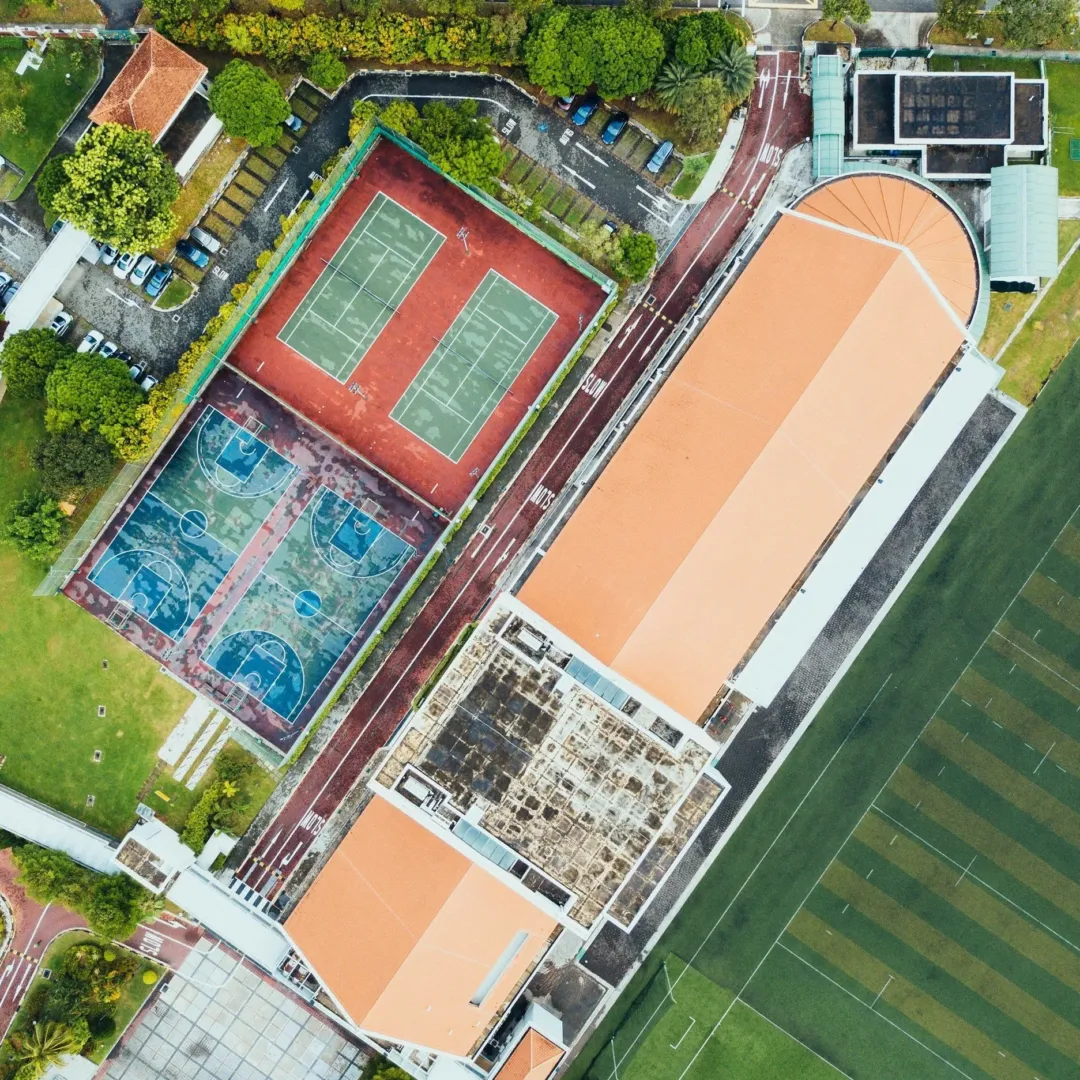
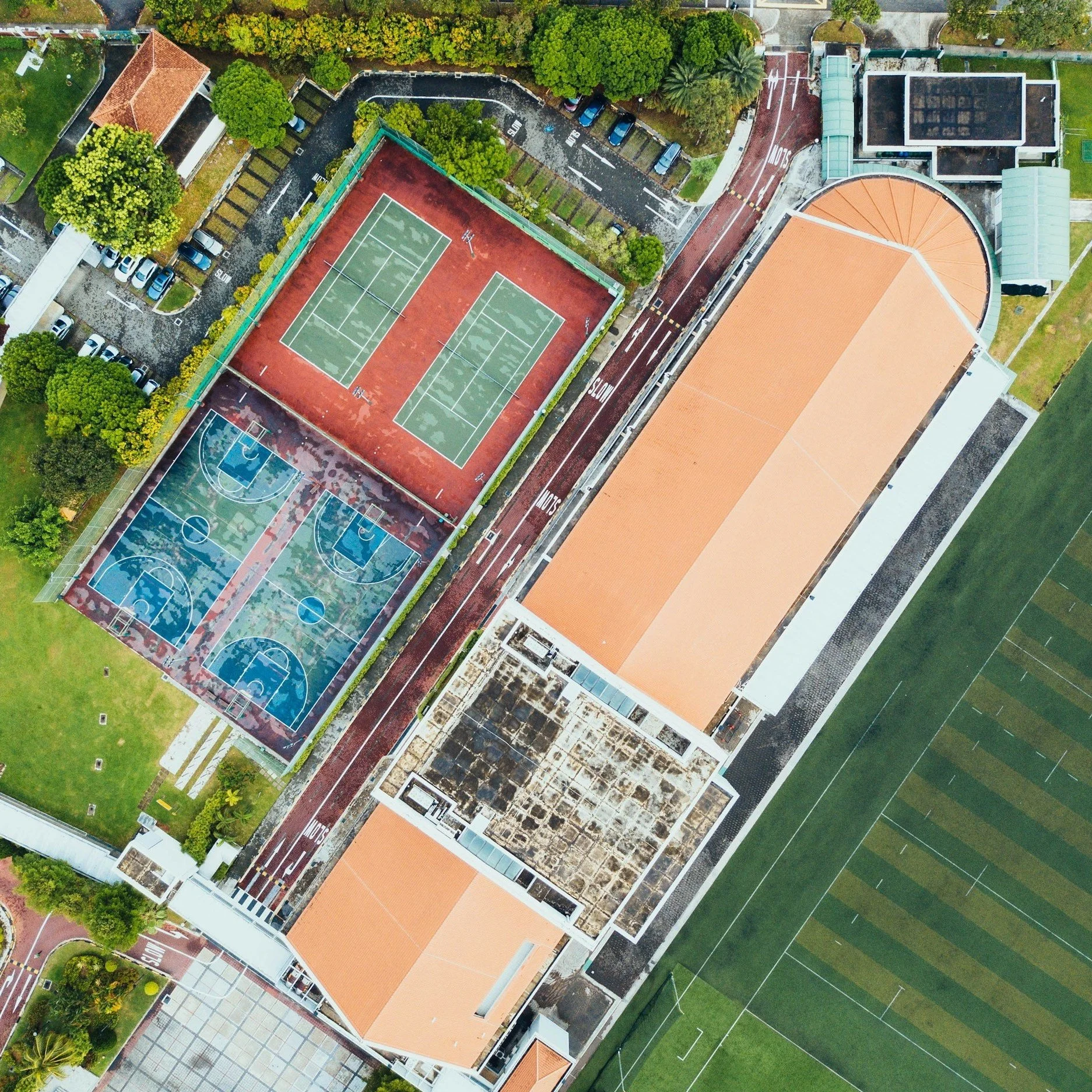
Understanding the process of commercial roof inspections can aid property owners and managers make informed decisions about their buildings’ maintenance.
Commercial roof inspections are vital in maintaining buildings’ integrity and longevity. Regular assessments help prevent costly repairs and extend the lifespan of roofing systems. Understanding the process of commercial roof inspections can aid property owners and managers make informed decisions about their buildings’ maintenance.
The inspection starts with an initial assessment of the roof’s overall condition. A roofing expert examines the exterior of the building, looking for visible signs of damage or wear. During this phase, the inspector notes any obvious issues such as cracks, blisters, or ponding water. The age and type of roofing material are also taken into account, as different materials have varying lifespans and vulnerabilities.
Following the initial assessment, a more thorough examination takes place. The roofing expert carefully walks the entire roof surface, paying close attention to areas prone to damage. These areas often include seams, flashing, and penetrations such as vents, pipes, and HVAC units. The inspector looks for signs of deterioration, such as loose or missing shingles, damaged sheets, or gaps in the roofing material.
An often overlooked aspect of commercial roof inspections is the examination of the building’s interior. The roofing expert checks for signs of water infiltration, such as stains on ceilings or walls, mold growth, or musty odors. These indicators can point to hidden roof leaks that may not be immediately apparent from the exterior.
Throughout the inspection process, the roofing expert meticulously documents their findings. Photographs are taken to provide visual evidence of any issues discovered. Detailed notes are made about the condition of various roofing components, including the drainage system, insulation, and structural elements.
After completing the inspection, the expert compiles a comprehensive report. The report typically includes a summary of the roof’s overall condition, specific areas of concern, and recommendations for repairs or maintenance. The documentation report serves as a valuable reference for property owners and can be used to track the roof’s condition over time.
Advanced technology, such as infrared scanning, may sometimes be employed during commercial roof inspections. Infrared cameras can detect temperature differences that may indicate areas of moisture trapped within the roofing system. Identifying these problem areas can prevent more extensive damage and costly repairs in the future.
Commercial roof inspections require strict adherence to safety protocols. Roofing experts must be adequately trained and equipped with appropriate safety gear, including harnesses and non-slip footwear. Weather conditions are also taken into account, as inspections should not be completed during high winds, rain, or other hazardous conditions.
The frequency of commercial roof inspections depends on various factors, including the age of the roof, local climate, and previous repair history. Generally, inspections are recommended at least twice a year, typically in spring and fall. However, roofs in areas prone to severe weather or those nearing the end of their expected lifespan may require more frequent assessments.
Regular inspections allow for the implementation of preventive maintenance measures. By identifying and addressing minor issues before they escalate, property owners can avoid expensive repairs and extend the life of their roofing systems. Preventive maintenance may include clearing debris, resealing joints, or applying protective coatings.
While some property owners may hesitate to invest in regular roof inspections, the long-term benefits often outweigh the initial costs. Detecting and addressing problems can prevent more extensive damage, requiring expensive repairs or even complete roof replacement. Additionally, a well-maintained roof can improve energy efficiency and reduce utility costs.
Commercial roof inspections also take into account environmental factors that may impact the roof’s performance. The roofing expert considers local climate conditions, such as temperature fluctuations, UV exposure, and precipitation levels. These factors can influence the rate of deterioration and help determine appropriate maintenance strategies.
Certain types of commercial roofs may require specialized inspections. For example, green roofs or solar panel installations necessitate additional expertise to evaluate their unique components and potential impact on the underlying roofing system. In such cases, property owners should seek roofing experts with specific experience in these areas.
Commercial roof inspections can also help property owners uphold compliance with building codes and insurance requirements. Regular assessments and proper documentation demonstrate a commitment to building maintenance and can be valuable in the event of insurance claims. Additionally, many roofing warranties require periodic inspections to remain valid, making these assessments essential for protecting the investment in the roofing system.
Property owners and managers can take a proactive approach to roof maintenance by understanding the commercial roof inspection process. Regular assessments conducted by qualified roofing experts provide valuable insights into the roofing system’s condition and help prevent costly issues. Ultimately, a well-maintained roof contributes to the overall health and longevity of the entire building, protecting the investment and the safety of its occupants.
Irish Roofing Company provides Scottsdale with residential tile roof installation and replacement, shingle roof installation and replacement, metal roof installation and replacement, roof repair, roofing maintenance, and roof inspection services. Count on our uniformed, knowledgeable, and experienced roofers for high-quality roofing solutions.

Professional commercial roofing contractors recognize numerous advantages that make TPO an excellent option for modern construction and renovation projects.
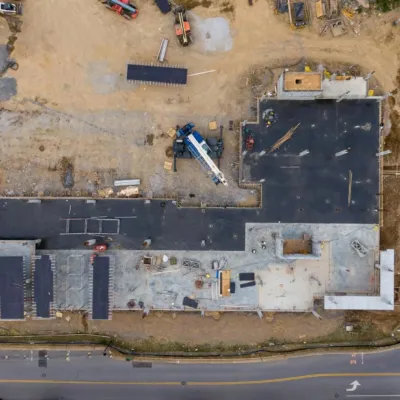
Commercial roofing experts utilize specialized formulations designed for maximum durability in demanding conditions.
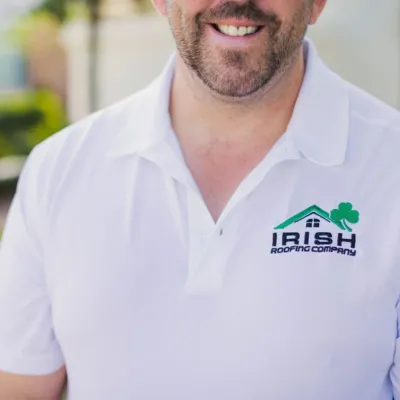
Composed of specialized materials designed to protect and enhance roofing systems, these coatings create a seamless, protective layer across roofing surfaces.
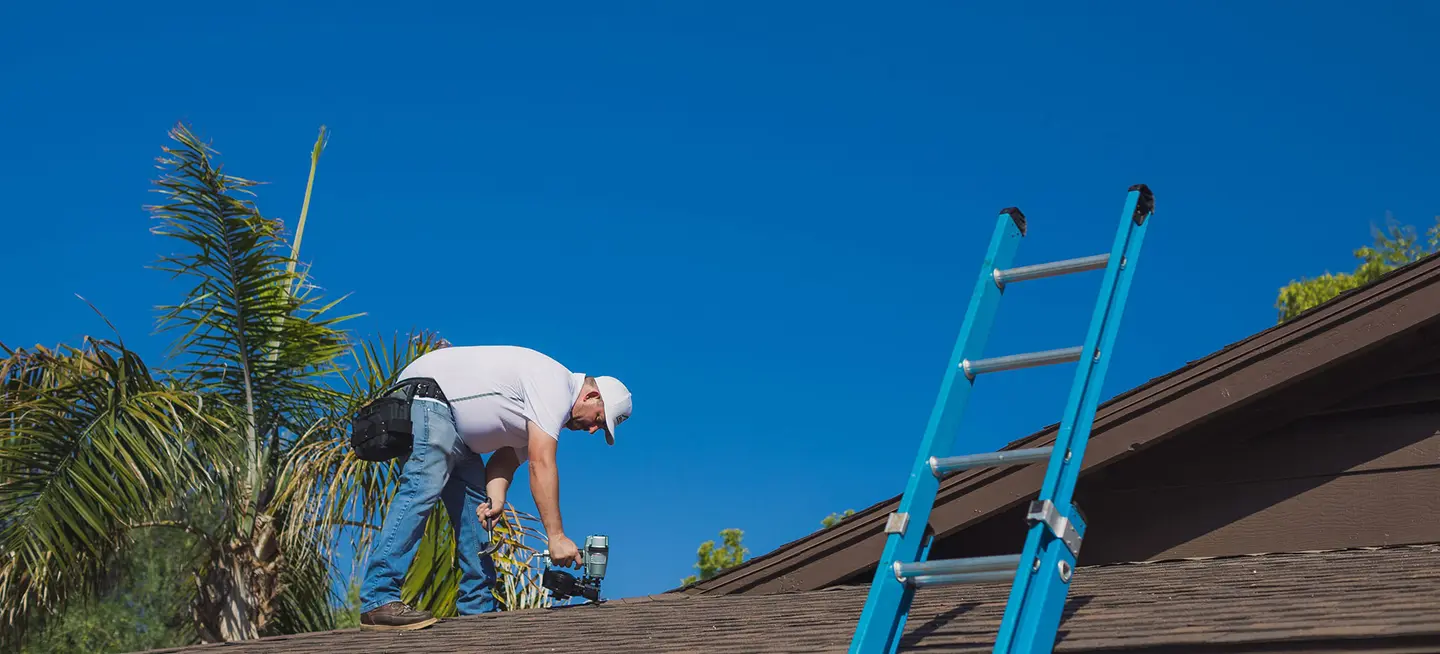
We offer solutions for every roof and budget. Call today for a quote. Whether it’s a roof installation, roof repair, or roof maintenance, our team is ready to help.